I'm not sure how to ask this so I will explain the problem first:
I'm developing a plugin for another software, it depends on an API not managed by me.
When the code of that API changes I need to update my plugin to make it compatible again (for example because of deprecated code, removed classes etc).
The problem is that if I change my plugin to make it compatible with the new software version, it is not compatible anymore with previous versions of the software.
Is possible to have only one plugin compatible with both versions of the software (suppose a class from the API changed the name, or was removed)? or the only solution is to maintain two versions?
